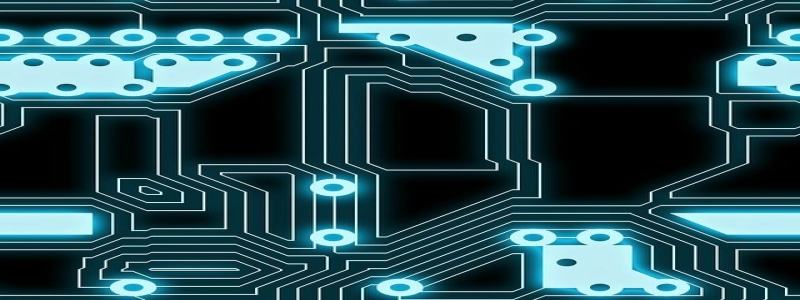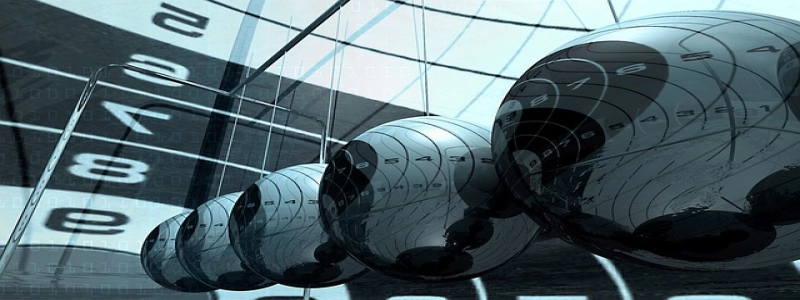Heavy Duty Ethernet Cable
Introduction:
Ethernet cables are an important component of any network infrastructure. They are responsible for transmitting data between devices, such as computers, routers, and servers. However, not all Ethernet cables are created equal. In environments where increased durability and reliability are required, heavy-duty Ethernet cables are the ideal choice. This article will discuss the features, benefits, and applications of heavy-duty Ethernet cables.
I. What are Heavy Duty Ethernet Cables?
a. Definition: Heavy-duty Ethernet cables, also known as industrial-grade Ethernet cables, are specially designed to withstand harsh environments and demanding conditions.
b. Construction: These cables are built with extra protective layers, robust connectors, and high-quality materials to ensure long-lasting performance.
II. Features of Heavy Duty Ethernet Cables:
a. Enhanced Durability: Heavy-duty Ethernet cables are resistant to abrasion, extreme temperatures, moisture, and chemicals. They can withstand rough handling and are less prone to damage.
b. Shielding: These cables usually come with additional shielding layers, such as foil or braid shields, which protect against electromagnetic interference (EMI) and signal loss.
c. Tensile Strength: Heavy-duty Ethernet cables have higher tensile strength compared to standard cables, making them less likely to break or snap under tension.
d. High Bandwidth: They support high-speed data transmission, enabling the transfer of large files and multimedia content without compromising performance.
III. Benefits of Heavy Duty Ethernet Cables:
a. Reliability: Their robust construction and shielding ensure stable and uninterrupted network connectivity, even in challenging environments.
b. Longevity: Heavy-duty Ethernet cables have a longer lifespan due to their superior build quality, reducing the need for frequent replacements.
c. Reduced Downtime: By withstanding extreme conditions, these cables minimize network downtime caused by cable failures, resulting in increased productivity.
d. Future-Proofing: Investing in heavy-duty Ethernet cables ensures that your network infrastructure can support future technology advancements and higher data transfer rates.
IV. Applications of Heavy Duty Ethernet Cables:
a. Industrial Environments: They are widely used in manufacturing plants, warehouses, and outdoor installations where dust, moisture, vibrations, and temperature variations are common.
b. Outdoor Networking: Heavy-duty Ethernet cables are suitable for connecting devices in outdoor settings like surveillance systems, access points, and lighting systems.
c. Construction Sites: The durability and ruggedness of these cables make them ideal for temporary networking setups at construction sites and other similar environments.
d. Military and Defense: Heavy-duty Ethernet cables play a vital role in military operations, where reliable and secure communication is essential.
Conclusion:
Heavy-duty Ethernet cables are a reliable and durable solution for networks operating in demanding environments. With their enhanced durability, shielding, and high performance, these cables ensure stable connectivity, reduce downtime, and future-proof your network infrastructure. Whether it’s an industrial setting, outdoor networking, or critical military applications, heavy-duty Ethernet cables deliver exceptional performance and reliability. Invest in these cables to ensure uninterrupted connectivity and peace of mind.








